Let That Shit Go
Note: This was originally published in our bi-weekly e-newsletter, Liminal Spaces. To get future issues delivered to your inbox (and get our ebook for free!), sign up here.
One of the first things you notice when you sit down to meditate is that your brain never stops. Like a rushing river, your mind thinks it is helping by flooding you with a constant deluge of ideas and information. One after another they float by, begging you to attach meaning, significance, and ultimately a storyline to take you away from the present moment.
This happened to me yesterday. I went downstairs, lit my incense and a candle, said a prayer, and began to center my mind, body, and soul. Just as all the clutter started clearing away, the name of a dear friend I haven’t spoken to in a long time came to mind. I wondered how she was doing if I should call and check-in, or would the long silence between us make the conversation awkward. I then mentally recreated the last time we talked and felt the sting of a strained friendship. In a matter of seconds, I went from trying to clear my mind of all distractions to clinging, creating, and involving myself in a contrived drama that made me feel worse than when I started.
But therein lies the point of meditation. It is mindful training in the art of non-attachment. When you sit in formal meditation, you start noticing all the times you either grasp or reject, indulge, or repress a thought or idea that arises. “Up come all these thoughts, but rather than squelch them or obsess with them, we acknowledge them and let them go,” writes spiritual director Pema Chodron.
And interestingly enough, if you can maintain the posture of non-attachment in meditation, you can do so in your daily life. How we react to whatever thoughts or feelings arise in meditation is how we can react to whatever arises in daily life. To the degree we can face whatever arises with gentleness and compassion without the need to grasp or reject, we are training our hearts toward openness and non-attachment. Because when you pause long enough to study what really triggers you, it’s almost always some maladaptive attachment to something you are holding too tightly. Or as the Buddha succinctly put it, “The root of suffering is attachment.”
According to Jesus, detachment is the key to faithful discipleship. “Any of you who does not forsake all that he has cannot be my disciple.” In the original Greek (hyparchousin), this command encompasses more than mere material possessions but expands to include all things we hold dear like beliefs, identity, relationships, and even family. To live in a state of compassionate non-attachment is to wake up to the reality that there is nothing to cling to in the first place. Medieval Christian mystic Meister Eckhart called this state of being “Gelassenheit,” which we might translate as letting-go-ness. He writes, “God is not found in the soul by adding anything but by a process of subtraction.” If we truly long to be full, we must first empty ourselves of every hindrance in order to receive that one needful thing.
Matthew Fox tells us, “When one learns letting go and letting be, when one learns sinking, when one learns emptying and being emptied, one necessarily comes face to face with nothingness.” This experience of nothingness allows us to see that when everything is stripped away, when all our ego and attachments are removed, the only thing left at the center of our being is God herself.
To help you in the process, take a few minutes to participate in this guided meditation by our Monastic Scholar in Residence Father Brendan E. Williams, CMR.
Gary Alan Taylor
The Sophia Society
A Poem For Letting Go by Meister Eckhart
The cup must be empty
to find its true meaning
beyond every kind of
usefulness, so empty
that it would not know
why it is a cup or to
what end, poor and useless
and without a single
purpose it could know.
Which is what I, too,
must learn to be if I
would be free,
striving to let go of all I hope
might fill me so that all
that is finally left is God.

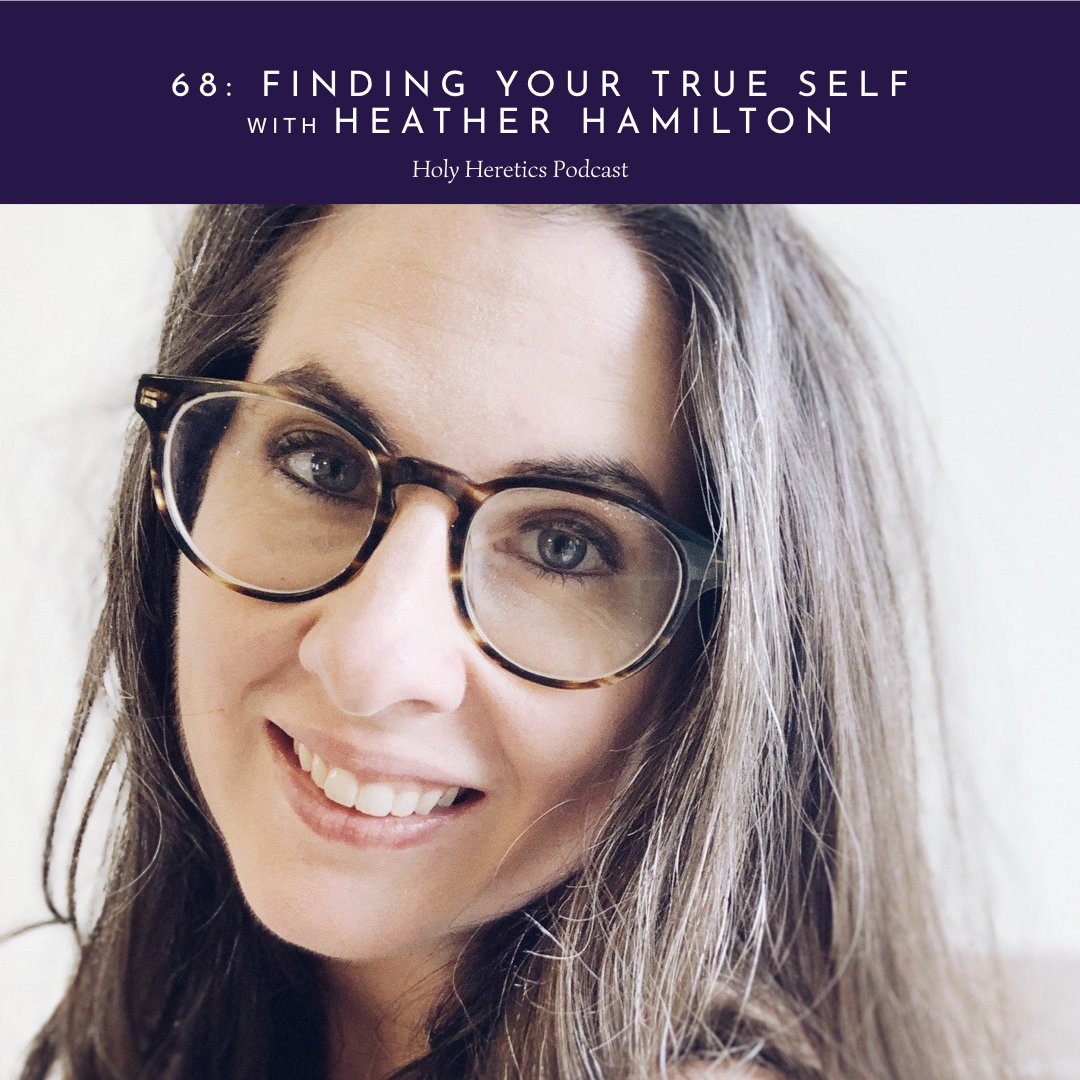
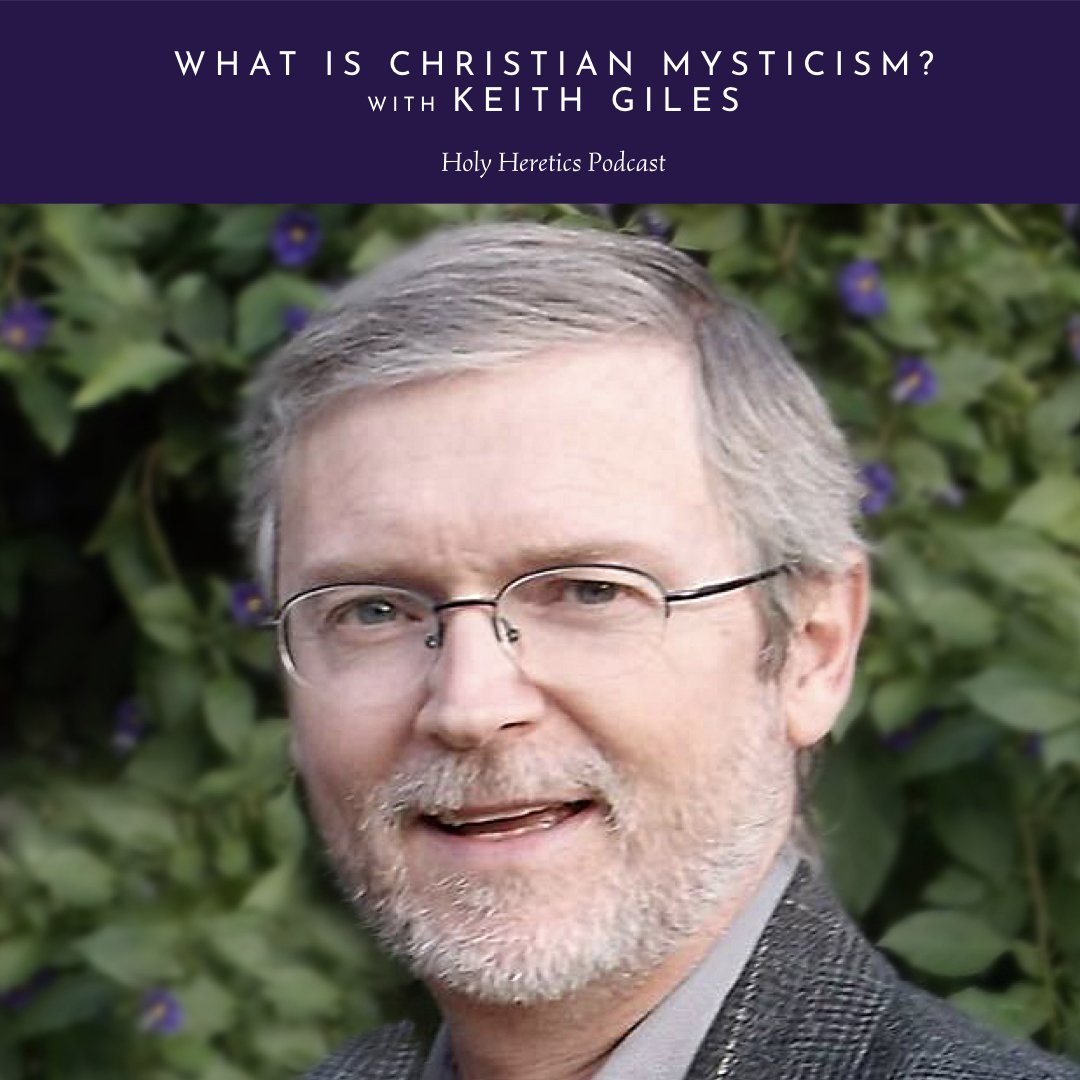
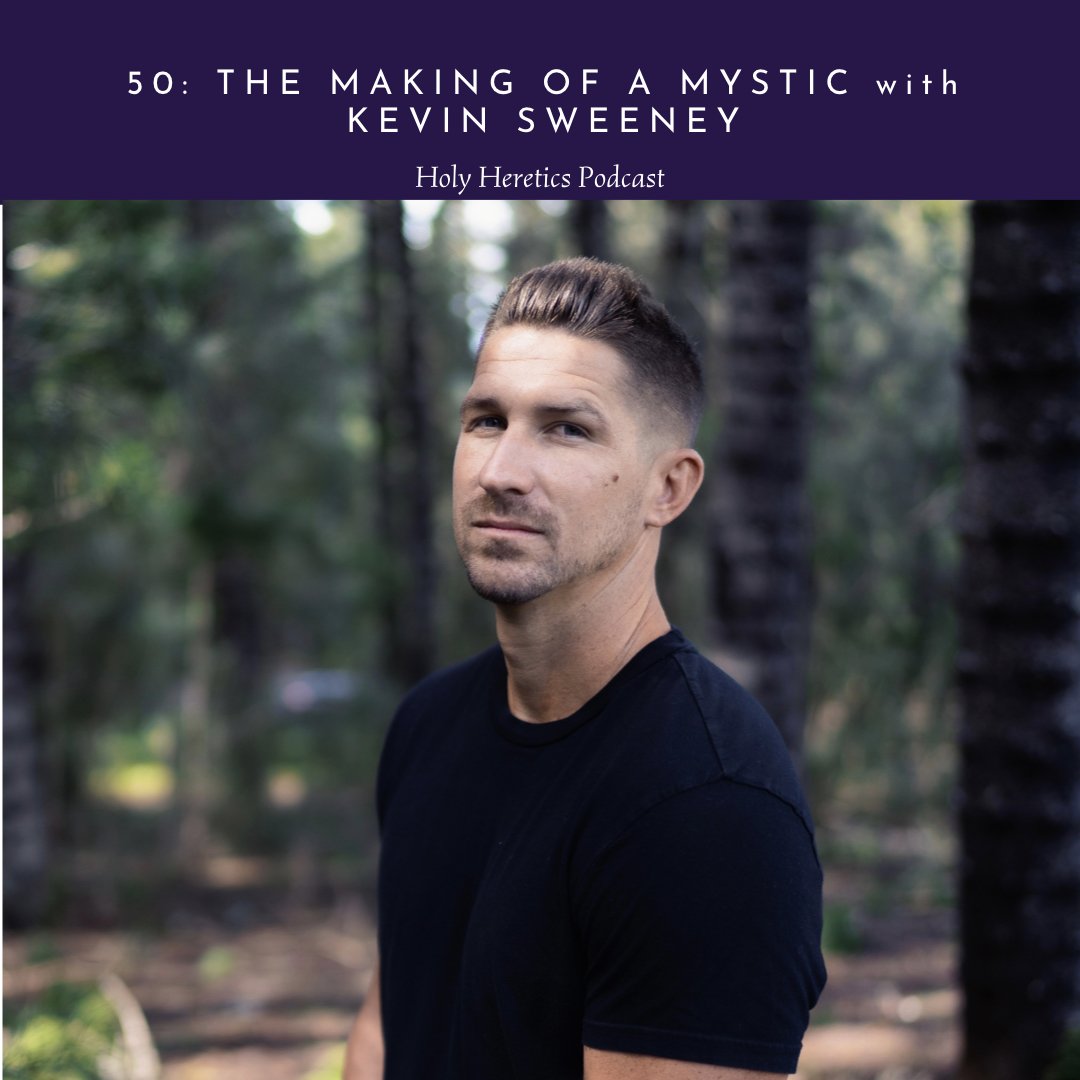
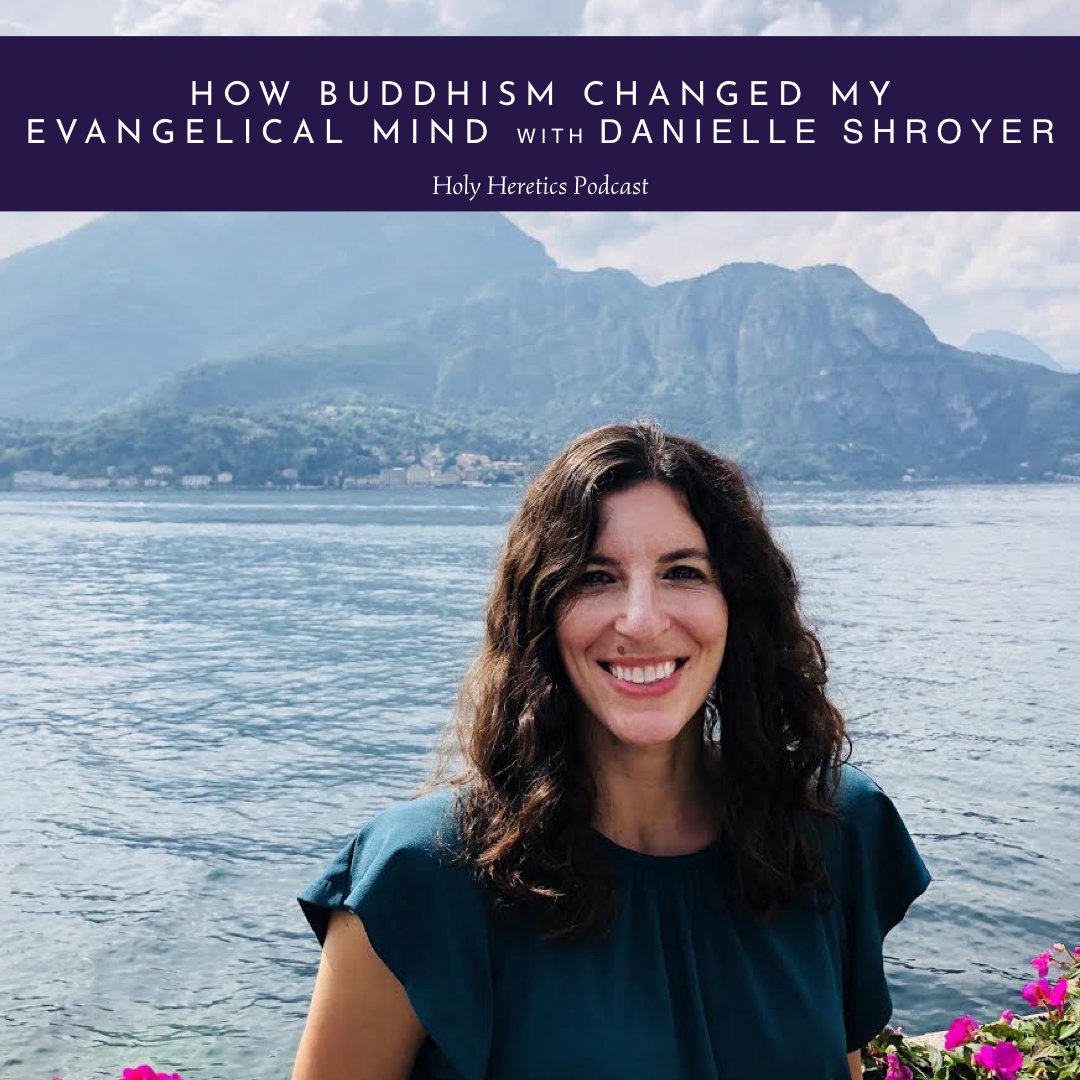
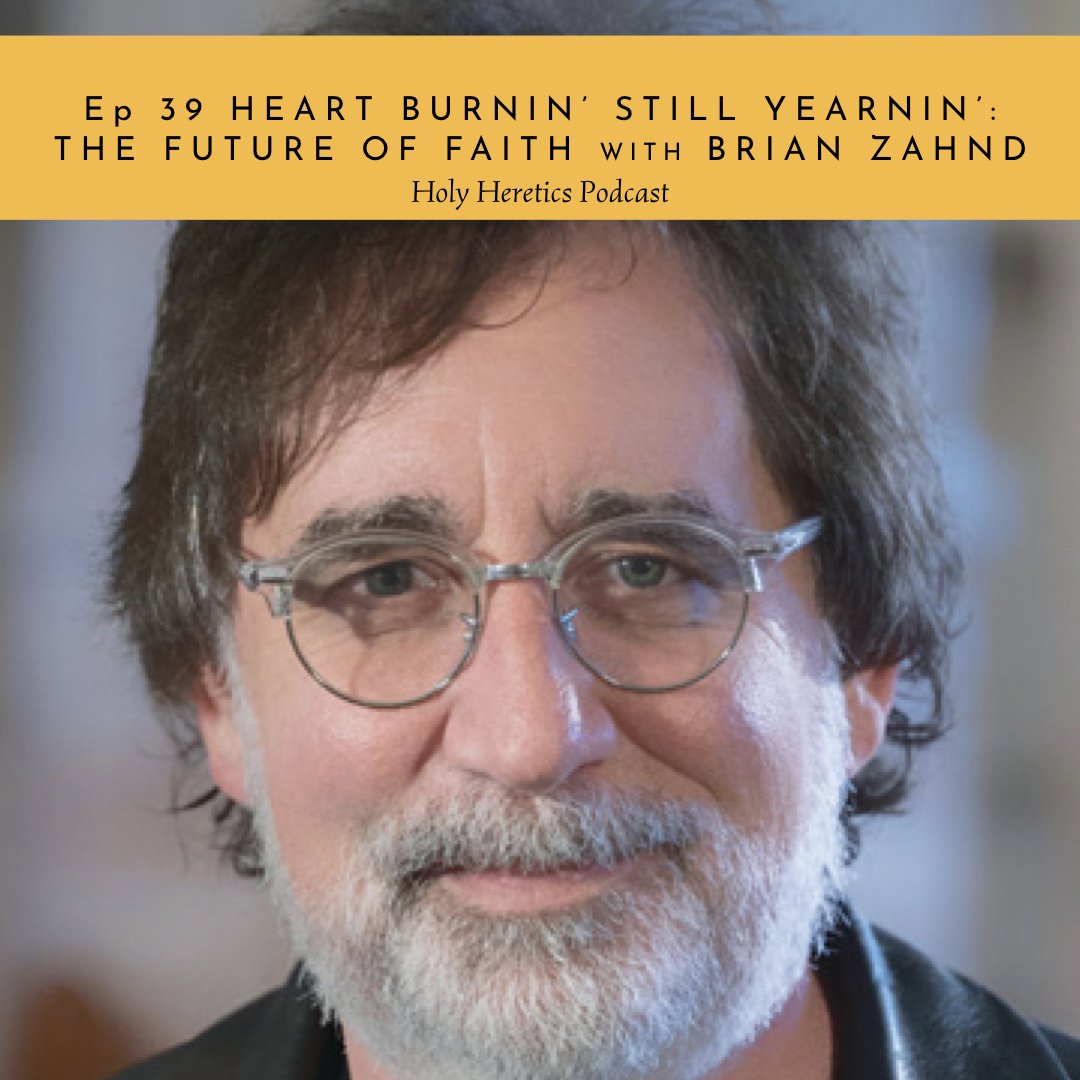
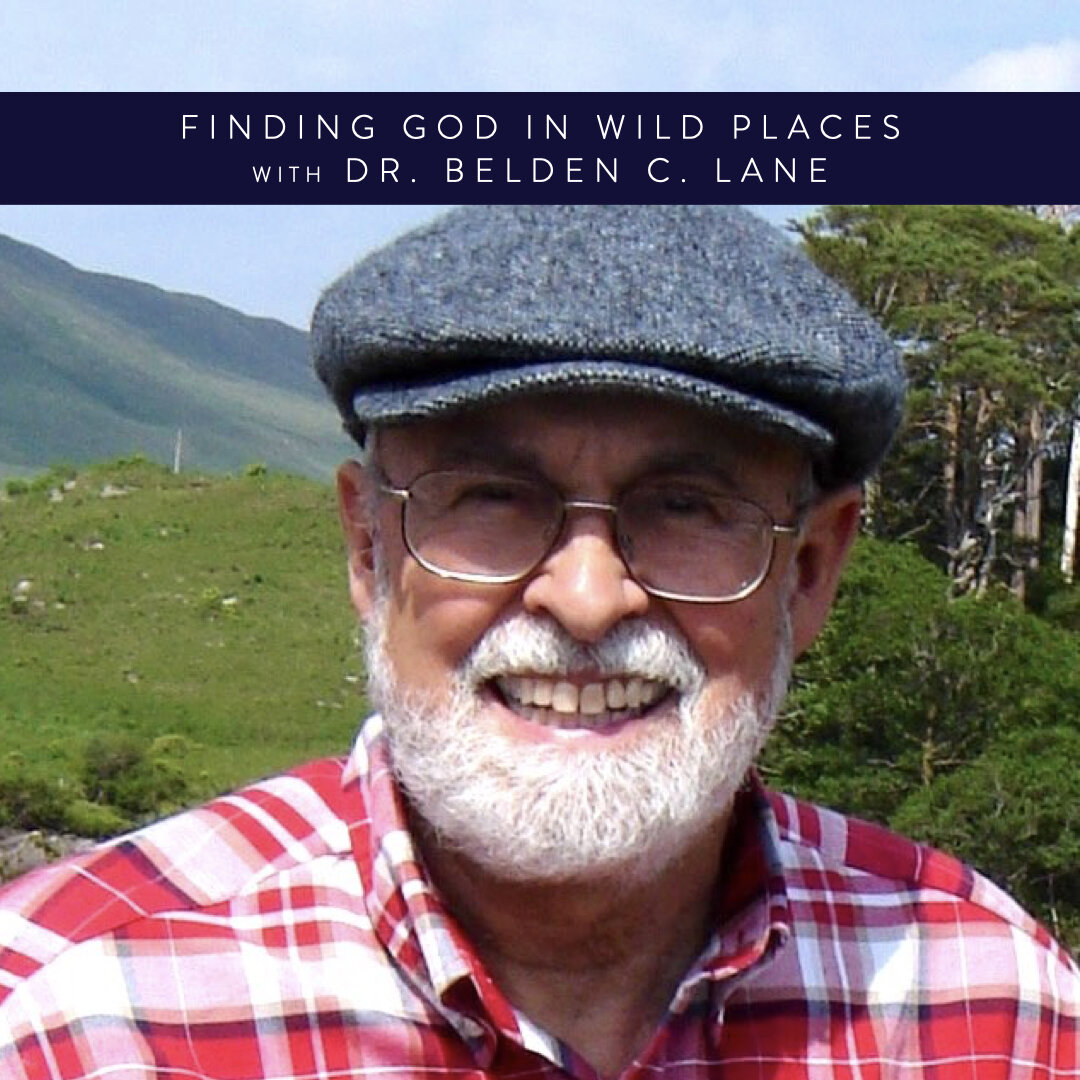
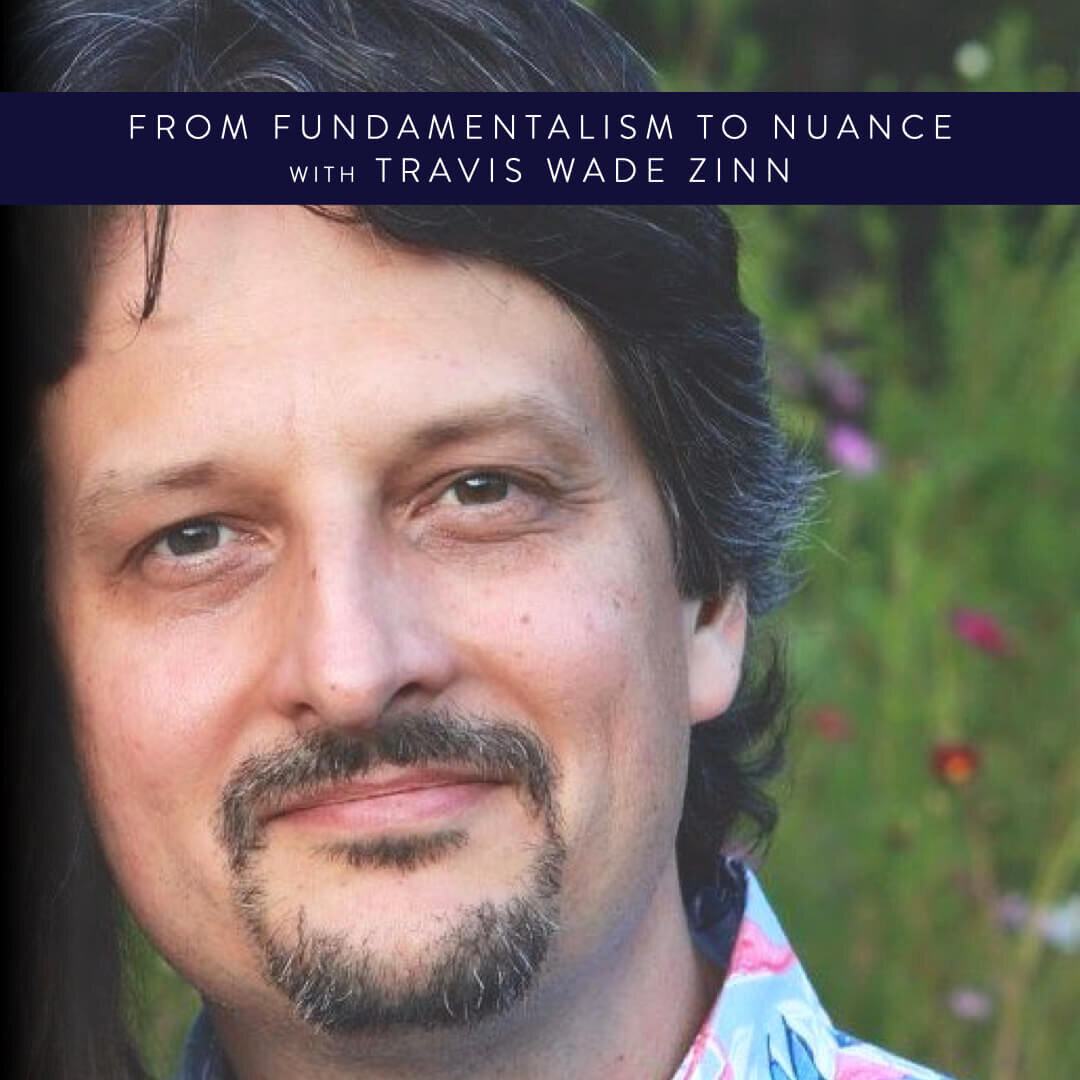
The end goal of Christianity isn’t to sin less, it is to become just like Jesus. Theosis or deification is the transformative path we are asked to walk, its aim is nothing less that complete union with God.